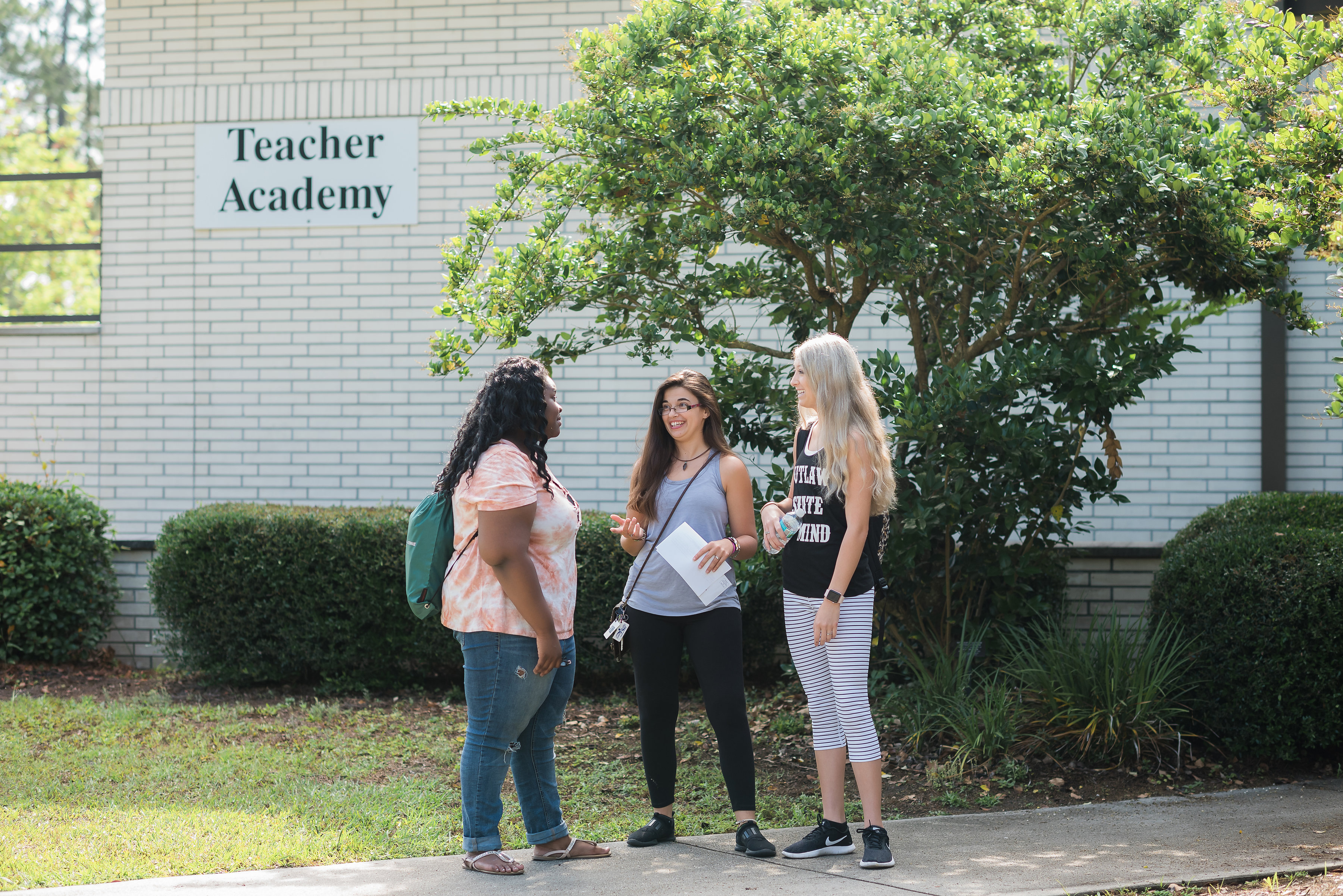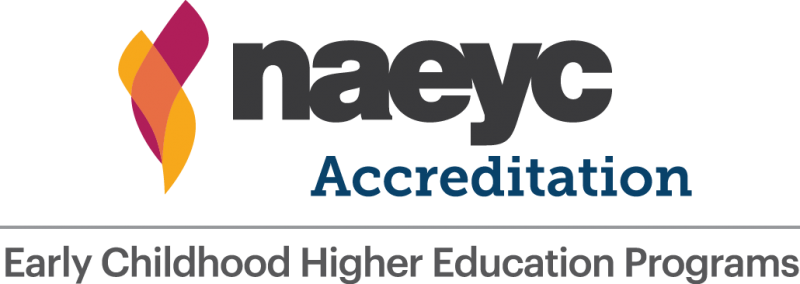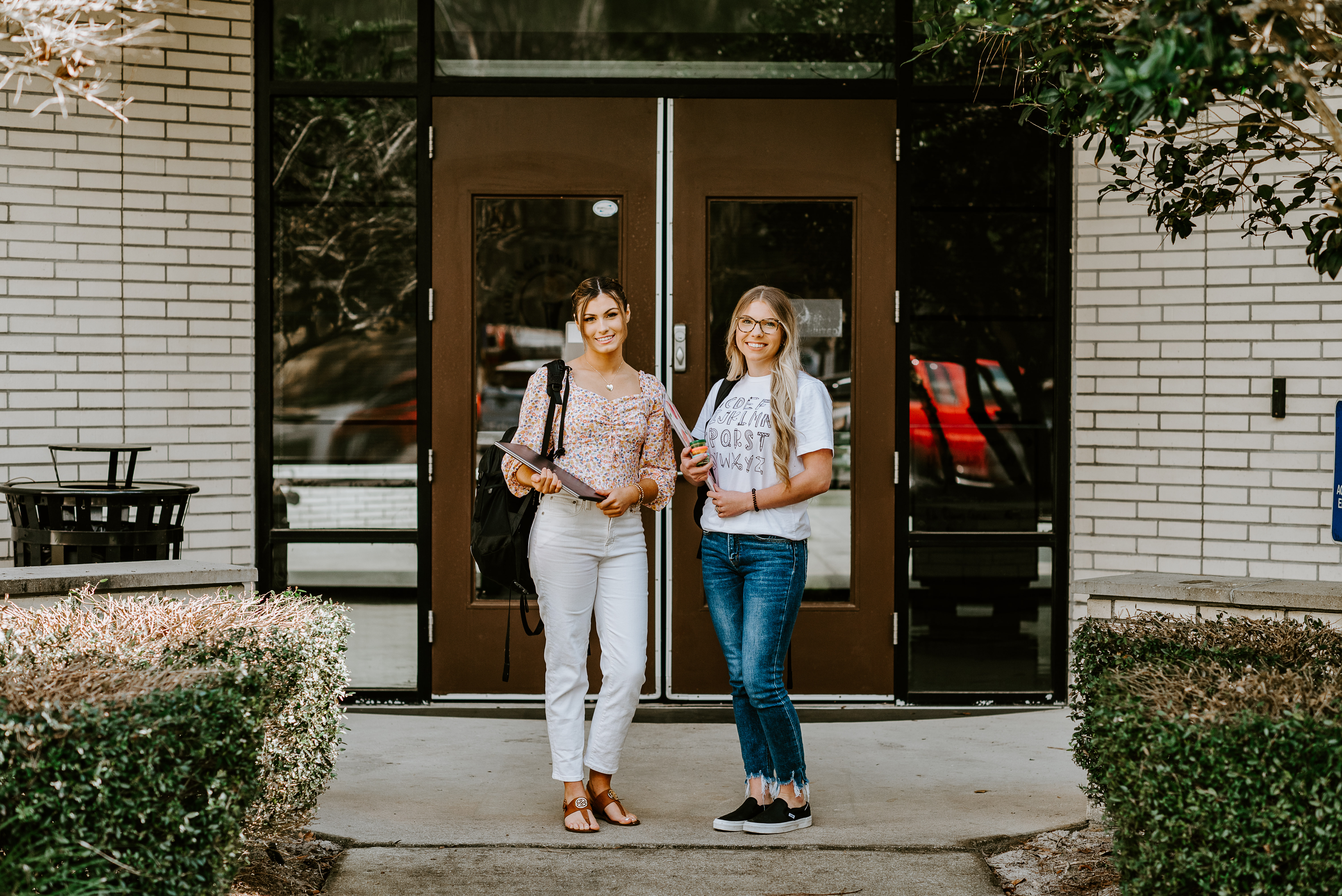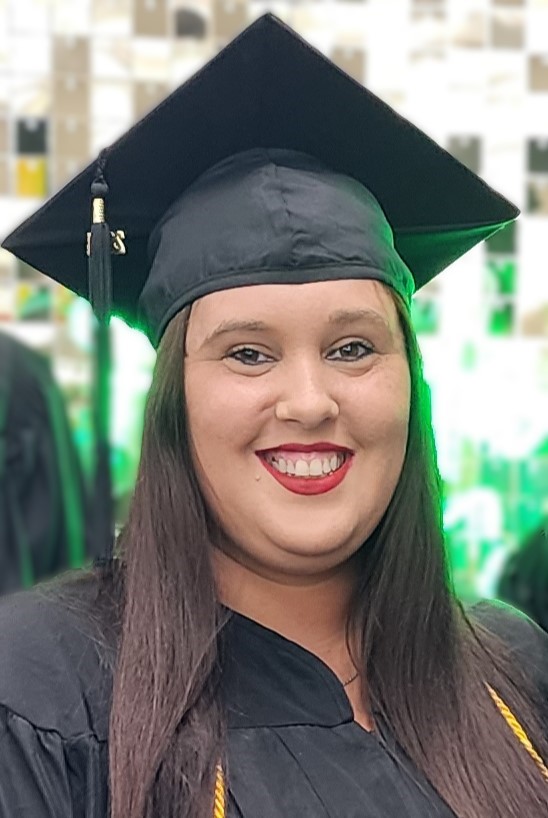Early Childhood Education B.S.
Program Overview
Early Childhood Education, B.S. (BEC-BS) 120 credits

The Bachelor of Science degree in Early Childhood Education builds upon students’ prior knowledge and strengthens their foundation of early childhood education. Students will develop and refine their teaching philosophy, better understand developmentally appropriate practices for children from birth to age 8, and have practical experiences in the classroom setting. Field experiences and the internship include a variety of ages and settings.
Accreditation
The Bachelor of Science in Early Childhood Education at Florida Gateway College is accredited by the Commission on the Accreditation of Early Childhood Higher Education Programs, which is part of the National Association for the Education of Young Children.
This accreditation is valid from March 2022 to March 2029.

Early Childhood Education, B.S.
4 semesters
as a full-time student
100% online
courses
80+ enrolled
on average
Guided Pathway
Review the guided degree pathway where you will find a detailed plan for your courses and other requirements each semester that prepare you for graduation and your transfer goals.
Early Childhood Education, B.S.

What our graduates are doing now!
Graduates of this program have a variety of career position opportunities, including child care and teaching positions.
STARTING SALARIES
Salaries range from $26,679 to $55,210 per year.
- This program can be initiated at the start of each semester.
- It provides students with experiential learning opportunities, highly qualified professors who hold doctoral degrees, and options for both full-time and part-time tracks.
- Child Development and Learning in Context
- Partnerships Between Families and Teachers, along with Community Connections
- Child Observation, Documentation, and Assessment
- Teaching Practices that are Developmentally, Culturally, and Linguistically Appropriate
- Knowledge, Application, and Integration of Academic Content in Early Childhood Curriculum
- Professionalism as an Early Childhood Educator.
Cost of Attendance
Explore FGC and your Program of interest
